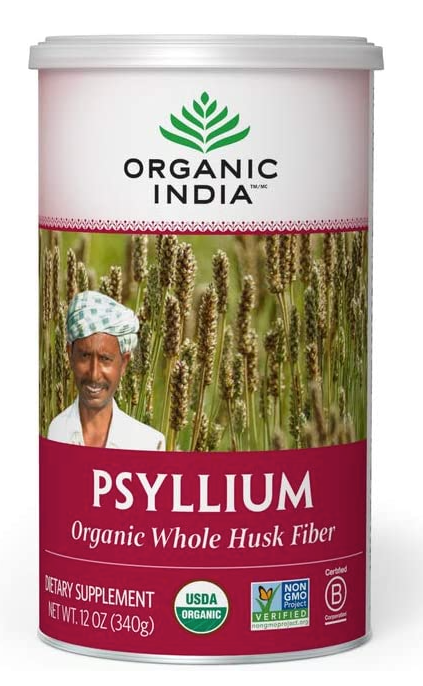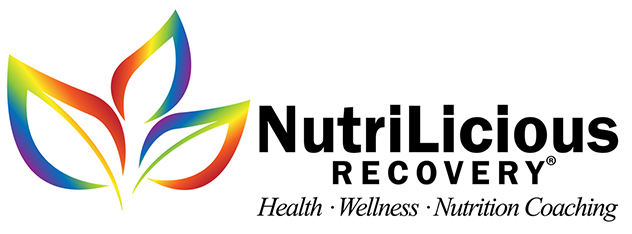
Several decades ago, it was regarded as a food for the elderly who may want more regularity in digestion; but today we recognize it as a PREBIOTIC, which means it serves as food for our microbiome – the bacteria that live in our gut. It’s called psyllium husk and about Keeping our digestive flora healthy is a great way to boost our immunity and our overall health. India dominates this market by providing 80% of the psyllium available in the world market.
It comes from a shrub-like herb (Plantago Ovata) that is very common in India. This fiber has been shown to lower cholesterol, lower heart disease risk, lower triglyceride levels, lower risk of cardiovascular disease, relieve constipation/diarrhea, regulate blood sugar levels in diabetics, and it’s a fiber so is used to treat IBS, hemorrhoids, and other common intestinal issues. While studies are not fully conclusive (yet), it may be that adding fiber such as psyllium husk may help lower blood pressure.
When mixed with water it swells and bulks out. This creates a more “filling” effect after consumption delaying hunger longer and reduce cravings, and it stimulates motility in the intestine so one can become more regular with consistent use.
The only precautions are that it can reduce/delay the absorption of certain medications so you shouldn’t take it within 2-4 hours of taking your medicines; and that you must drink plenty of water to prevent a bowel obstruction or choking hazard (since it does absorb and swell).
I have had a client tell me that they get severe gas and bloating with psyllium husk but I believe this to be very rare. Remember to talk with your doctor before adding anything to your diet – as only they will be fully aware of your medications and any interactions


